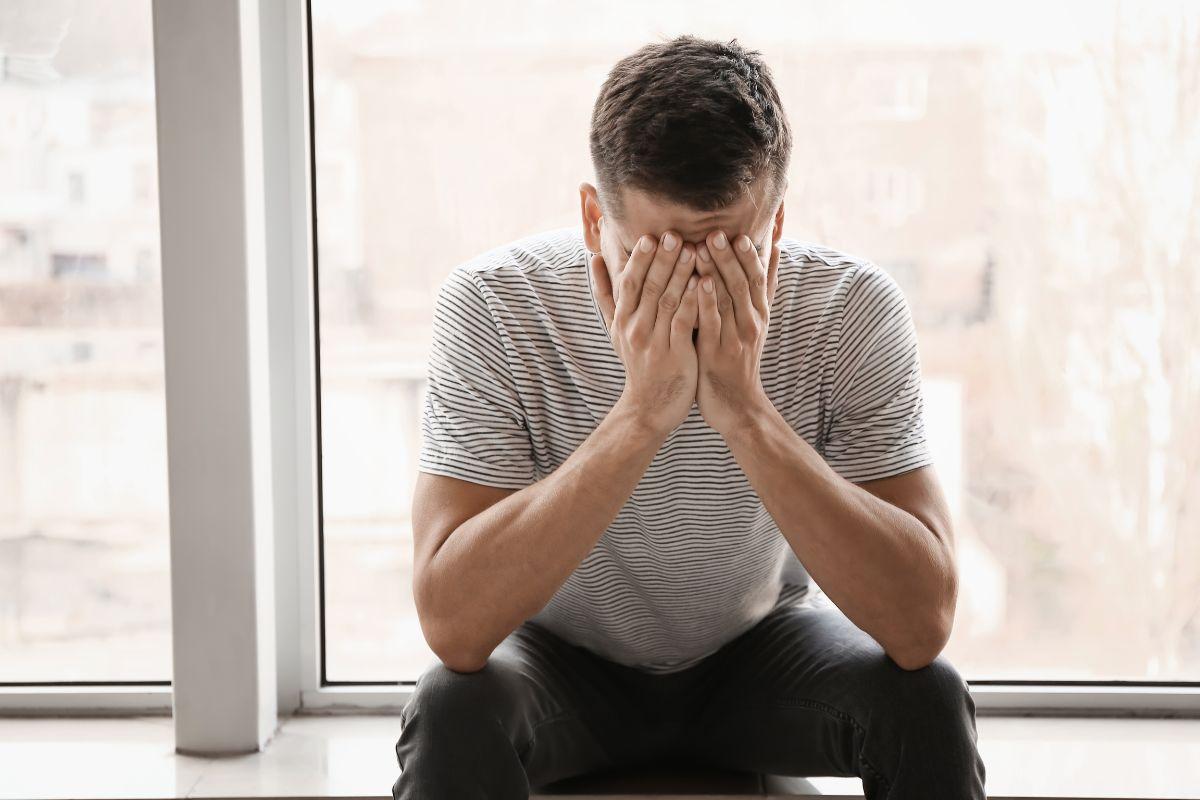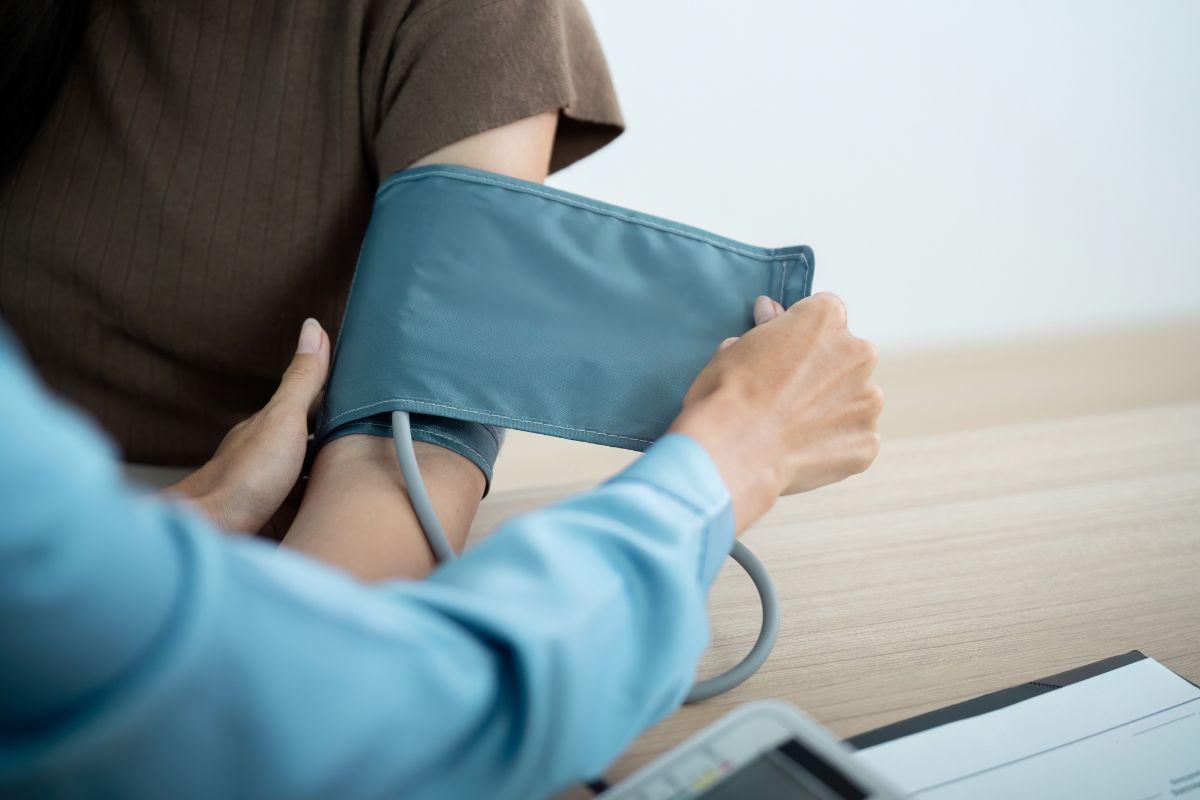The escalation of the coronavirus in the word has caused panic and uncertainty in much of the population. The constant wave of news and changes in the situation is enough to create high levels of anxiety in most people, but what about those who are already affected by conditions like anxiety and depression? Here’s more information about how the situation at hand might affect you, and how to protect your mental health to mitigate stress on your body.
How might isolation affect my mental health?
Isolation can be very difficult, especially at times of such great uncertainly. It is when we are confined within our own space, ourselves, without much outside stimulation that our anxieties can surface at their most palpable. However, there is also a place of peace you can find within isolation, especially if your time at home is managed in a way that suits you and your needs.
Try to organise your day with sections within it; shower, get dressed, eat healthy and right, don’t binge and try to fill the gaps with meaningful content such as reading or listening to a good quality podcast.
I suffer from anxiety, what are ways to cope with anxiety during the coronavirus outbreak?
There is no simple answer to how to manage anxiety when we are facing uncertainty. Just bear in mind that the sense of peacefulness and happiness – true happiness – is the result of our ability to connect with our inner self; when we drift away from our self, we experience anxiety. Think of all the situations we go through when we feel at peace with ourselves: from the hug of a loved one to the smile of our child to the sense of comfort we experience stepping under the hot shower…at that precise moment, we are with our self, we are at peace with our self, we are connected with our self.
Try to re-create these experiences; mediation, exercise and using the opportunity to develop a better connection with our self is certainly something we should consider.
I suffer from depression, is it likely to get worse during the crisis?
We know that social isolation increases depression; therefore, it is important that we maintain some communication with our love ones via electronic media; this is not the best one but the only available during this time. Having a routine, a rhythm in our life is fundamental for our mental health and certainly during these times. Try to exercise in the open if this is possible without compromising your health; exercise is one of the best antidotes against depression.

What should I avoid during the coronavirus outbreak to improve my mental health?
It is important to avoid unnecessary overload of information. Indeed at a time of crisis such as this, listening to the news and consuming excessive social media is often unavoidable. But try to limit your time on social media platforms that perpetuate mass anxiety and fear. I would also greatly recommend making decisions that are derived from a calm place within you. Cancelling out the noise and the often contradicting advise others will share with you – many times with good intentions – is key. Make the decisions that feel right for you.
How do I seek help if my mental health worsens?
If you feel your mental health is not improving it is essential that you seek outside help. I recommend that you should contact your doctor or seek advice from a specialist.
For more resources on managing stress and anxiety during COVID-19, read the World Health Organization’s guide.
During this outbreak, look out for those nearby you who might be more vulnerable to the situation, and reach out to make sure they’re doing alright. If you’re staying indoors and would like to still speak to a specialist, there are plenty of specialists on Doctify who offer video consultations so you can speak to someone in the comfort of your home.




